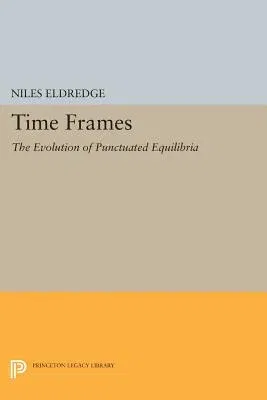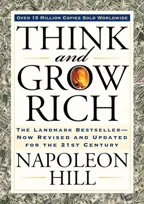Niles Eldredge
(Author)Time Frames: The Evolution of Punctuated EquilibriaPaperback, 14 July 2014

Qty
1
Turbo
Ships in 2 - 3 days
In Stock
Free Delivery
Cash on Delivery
15 Days
Free Returns
Secure Checkout

Part of Series
Princeton Legacy Library
Part of Series
Princeton Legacy Library, 1001
Print Length
242 pages
Language
English
Publisher
Princeton University Press
Date Published
14 Jul 2014
ISBN-10
0691606234
ISBN-13
9780691606231
Popular Books
Ships in 2h 0m 14s
Description
Product Details
Author:
Book Format:
Paperback
Country of Origin:
US
Date Published:
14 July 2014
Dimensions:
23.39 x
15.6 x
1.3 cm
ISBN-10:
0691606234
ISBN-13:
9780691606231
Language:
English
Location:
Princeton
Pages:
242
Publisher:
Weight:
344.73 gm











